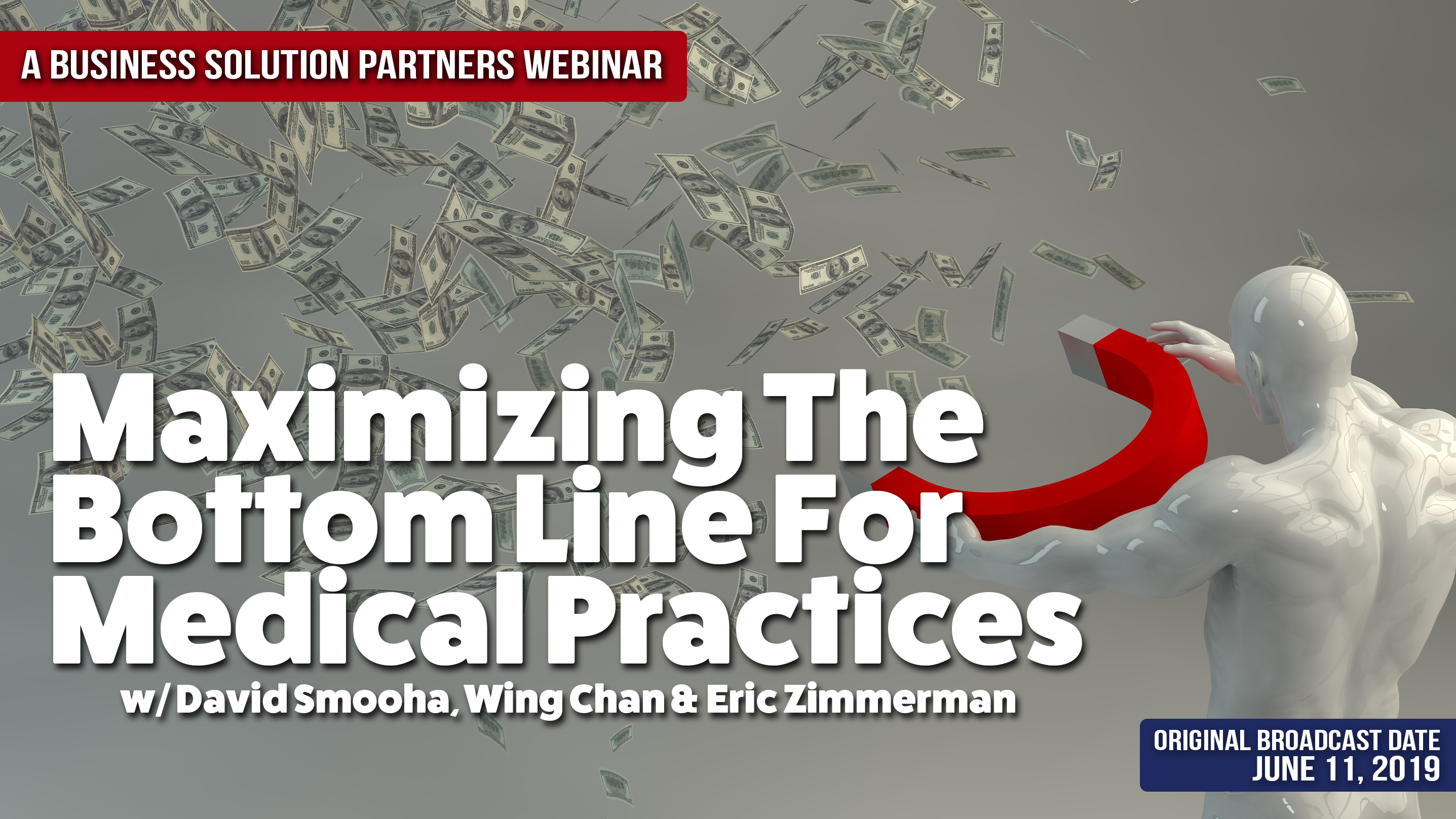Follow the Money: Why Automating Accounts Payable Will Pay Off Big
When you think about the ways to digitally transform your business, automating accounts payable (AP) processes is probably not a top goal.
2 min read
 Craig Cook
:
Sep 13, 2018 9:26:00 AM
Craig Cook
:
Sep 13, 2018 9:26:00 AM

"If you have always done it that way, it is probably wrong."
- Charles Kettering, Engineer
If you are like many businesses, this critical financial management process functions the same way it has for decades: it is stressful and time-consuming. And because it involves relying on manual processes, multiple checklists, and a confusing array of spreadsheets, the process is prone to costly errors.
But guess what? The same old ways of doing business are not enough. Here are the TOP FIVE REASONS Why Modernizing the Financial Close Process is a SMART MOVE...
1. The Pace of Business is Moving Faster and the Close Process is Becoming More Complex
In this modern digital age, businesses are moving faster than ever before. At the same time, the close process is becoming more complicated because companies are depending on an increasing number of disparate softwares and systems to generate the necessary financial information for the close process. Success requires financial departments to make the close process faster and more efficient.
It is simply no longer an option to take weeks to close the books.
2. There is Increasing Cost Pressure to Complete the Close Process with Fewer Resources
Every business must manage resources as efficiently as possible - and the finance department is no exception. The traditional financial close process not only requires intense manual labor, but juggling complex spreadsheets increases the risk of human errors. Additional pressures come in the form of accountability to shareholders or venture investors. This demands working smarter with the tools and resources at hand, and leveraging technology to eliminate time sinks.
Pressure to perform with inadequate time and resources leads finance teams to make critical mistakes.
3.The Ever-Shifting Regulatory Environment
Many companies must create more transparent financial systems to meet formal requirements associated with Sarbanes-Oxley laws, HIPPA Compliance or to meet the regulations of the FDA. The accounting department is increasingly being asked to contribute to compliance process and reporting. Modernizing the close process alleviates labor resources to concentrate on ever-expanding business demands.
A complex, disorderly close process prevents your finance team from engaging in other vital activities like compliance.
4. Business Leaders Want Fast, Accurate Information to Make Better Business Decisions
Gone are the days when business leaders could wait until the end of the month to be provided with financial data to make key decisions. Today, they want - and need - fast, real - time access to accurate information so they can make informed decisions that boost profits and encourage growth.
Progress is stalled when the Period-End close process leaves key decision makers in the dark for weeks on end...
5. Financial Experts Can Generate Business Value by Providing Insights and Analysis Instead of Simply Compiling Information
Eliminating manual close processes means your financial staff will spend less time hunting down financial information and putting it into spreadsheets and will have more opportunity to analyze data and generate untapped insights that can positively impact the bottom line.
With so much at stake, businesses today simply can not afford to take a business-as-usual approach to the financial close process.
An Inside Look At How The Modernization of Your Financials Could Look Like:
Check Out This Video to See How NetSuite, a Cloud Enterprise Resource Platform,
Can Help You Modernize The Year-End Financial Close.

When you think about the ways to digitally transform your business, automating accounts payable (AP) processes is probably not a top goal.

Does this sound familiar? Your finance team has endless spreadsheets to update and there are multiple users working on countless versions that are...

Welcome to the Business Solution Partners Webinar:"Maximizing The Bottom Line For Medical Practices"